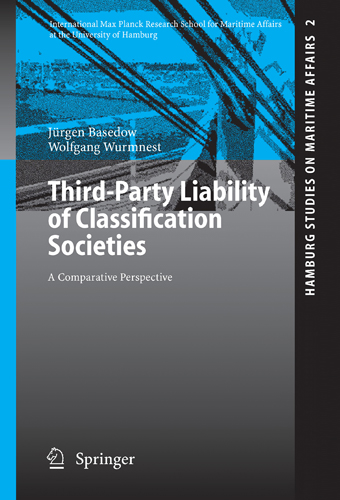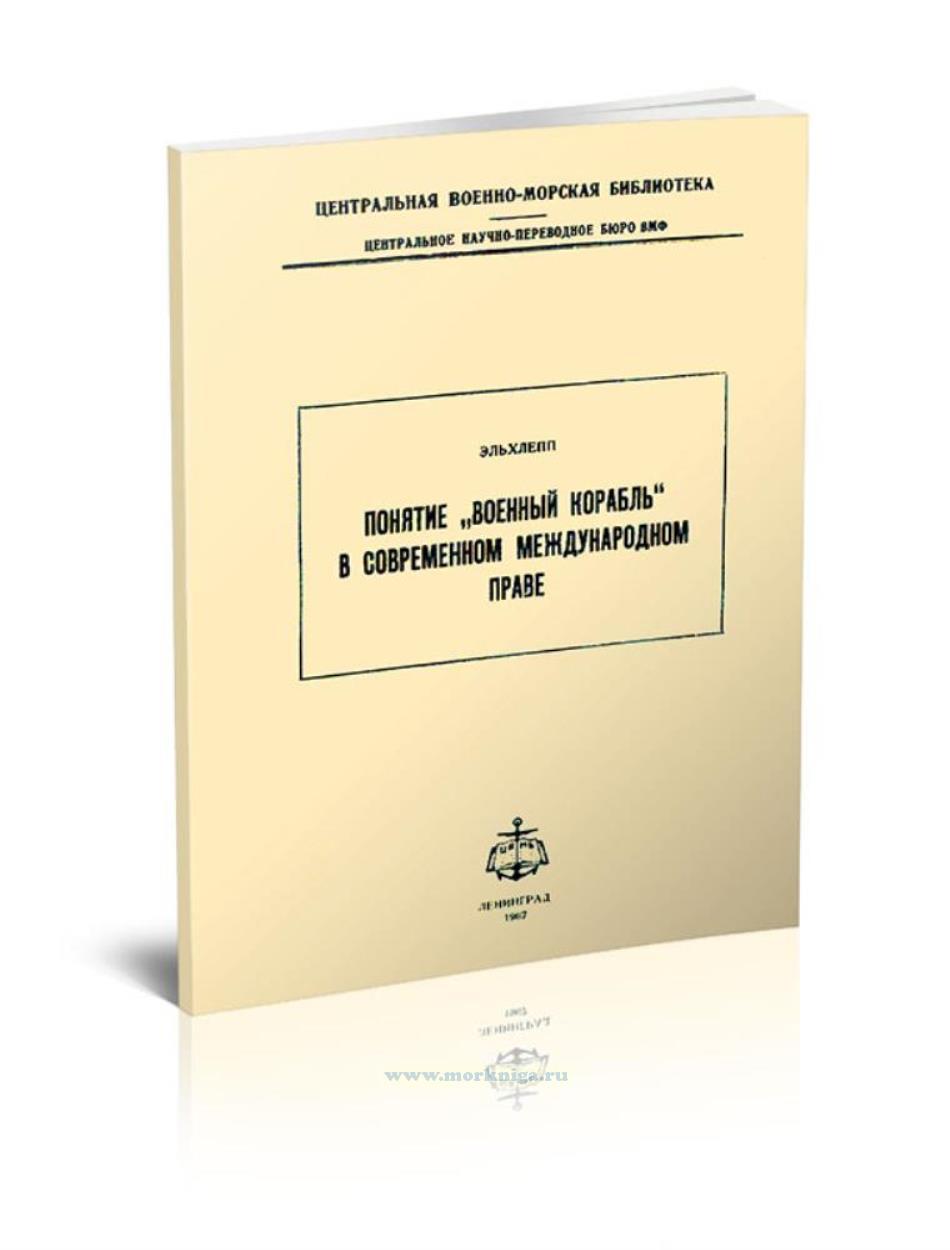Third-Party Liability of Classification Societies. A Comparative Perspective/Ответственность классификационных обществ перед третьими лицами. Сравнительная перспектива
Издание на английском языке
Classification societies are charged with the technical supervision of maritime shipping to enhance the safety of life and property at sea by securing high technical standards of design, manufacture, construction and maintenance of seagoing vessels. Each and every shipping catastrophe caused by a technical defect reminds the maritime world of the central importance of the vessel’s proper technical supervision. Correspondingly, the liability of classification societies has become a particularly discussed issue over the past years. Their contractual liability is usually limited by general terms and conditions incorporated in the classification rules and cases brought by typical contracting partners of classification societies, such as ship owners and ship yards, are not an issue in the current debate. However, one can note a substantial worldwide increase of actions brought by parties who are not in privity with classification societies.
This study focuses on third-party liability of classification societies. It originates in an expert opinion on selected issues relating to third-party liability which the authors compiled for the German classification society Germanischer Lloyd AG. Driven by the highly interesting legal issues and unexplored shores in this area of law, we continued our research and are able to present a relatively comprehensive overview on the law on third-party liability of classification societies.
Given the origins of our work, the discussion of limitations of liability clauses is based on the standard terms and conditions of the Germanischer Lloyd, version 2005.
Contents
Preface
Contents
About the Authors
Abbreviations
Introduction
Part 1: The Role of Classification Societies in the Shipping Industry
A. Scope of Activities
B. Economic Background of Ship Classification
C. Class and Classification Rules
D. Classification Surveys
E. Conclusion
Part 2: Third-Party Liability of Classification Societies in Selected Legal Systems
A. England
B. New Zealand
C. Australia
D. United States of America
E. France
F. Conclusion
Part 3: The Basis for Liability under German Law
A. Third-Party Liability for Advice and Recommendation – Systematic Foundations
B. Contract to Provide Information
C. Contract with Protective Effects towards Third Parties
D. Claims based on the Doctrine of Culpa in Contrahendo
E. Claims based on the Law of Delict
F. Conclusion
Part 4: The Extent of Liability under German Law – Selected Issues
A. Contributory Negligence
B. Limitation of Liability
C. Conclusion
Part 5: Conclusion
Bibliography
Table of Cases
Table of Main Statutes
Index
- ВКонтакте
- РћРТвЂВВВнокласснРСвЂВВВРєРСвЂВВВ
- РњРѕР№ Р В Р’В Р РЋРЎв„ўР В Р’В Р РЋРІР‚ВВВРЎР‚
- Viber
- Skype
- Telegram





 Понятие "Военный корабль" в современном международном праве
Понятие "Военный корабль" в современном международном праве  Водно-транспортные преступления. Расследование и предупреждение
Водно-транспортные преступления. Расследование и предупреждение  Морское право
Морское право